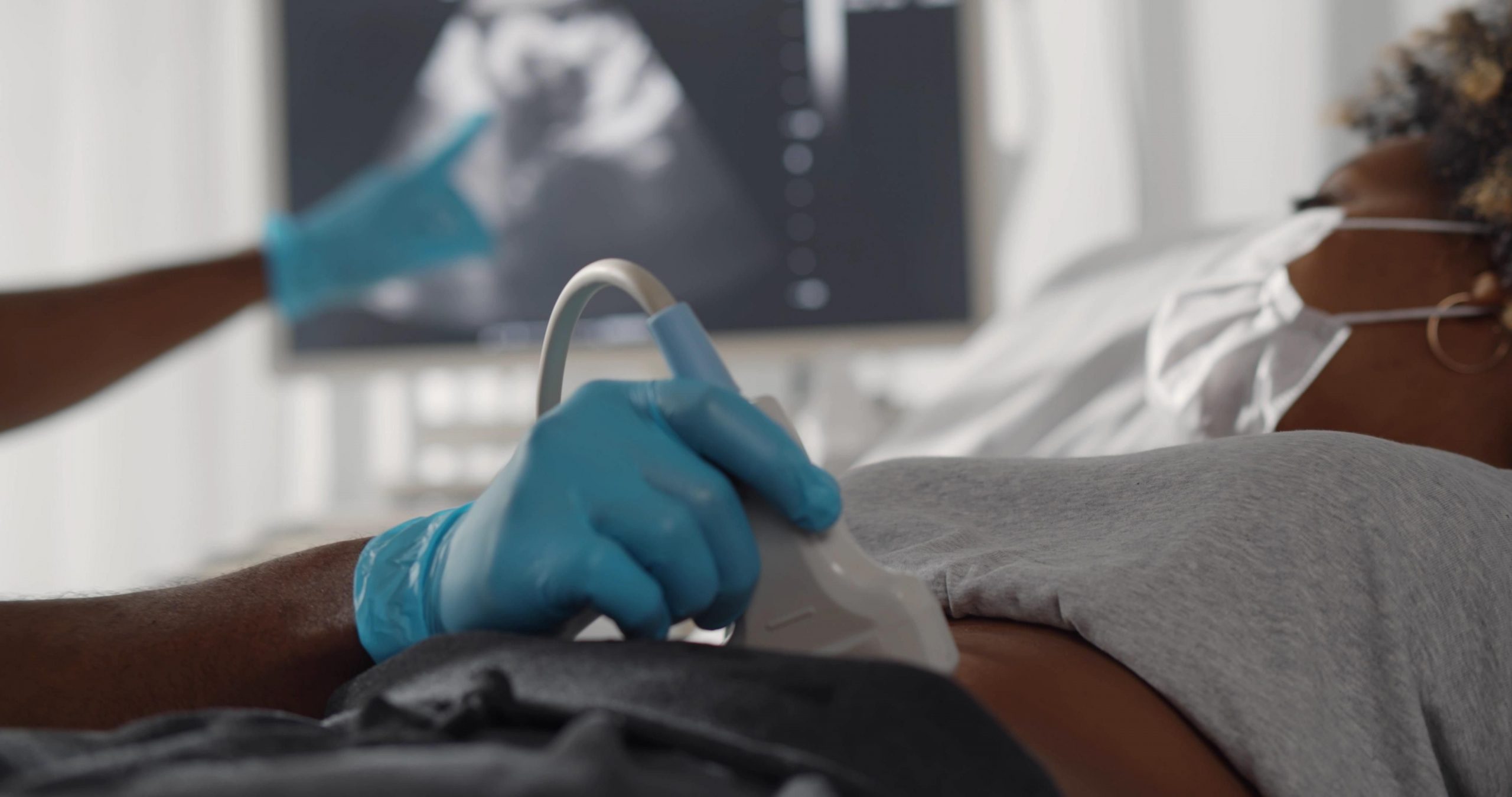
Bella Kofner, a 24-year-old graduate student in special education at the College of Staten Island in New York, was 10 when her parents first told her she had autism. Developmental psychologist Steven Kapp, now 35, was 13 when he was told the same. So, is there a best time to tell children they have the… read on > read on >






























